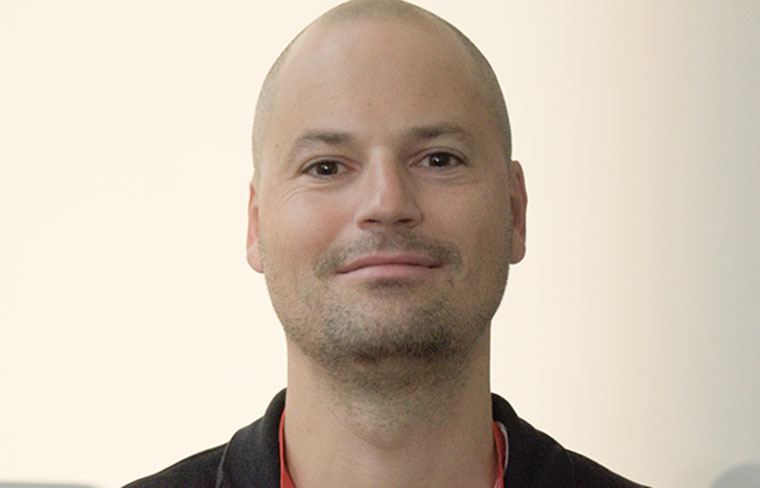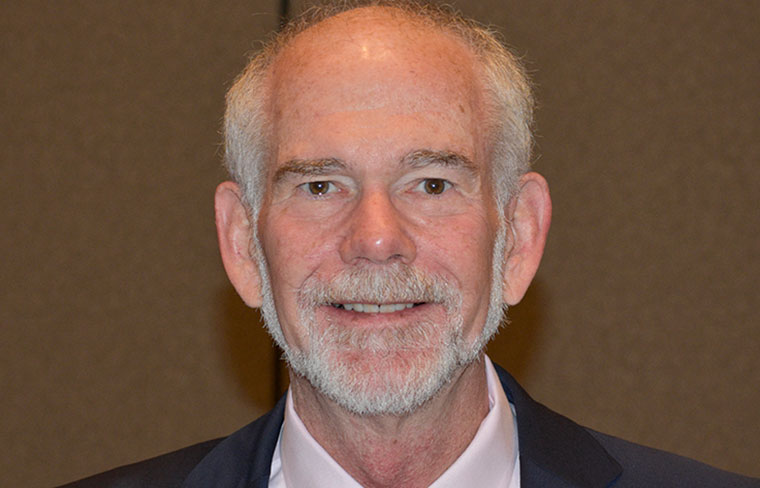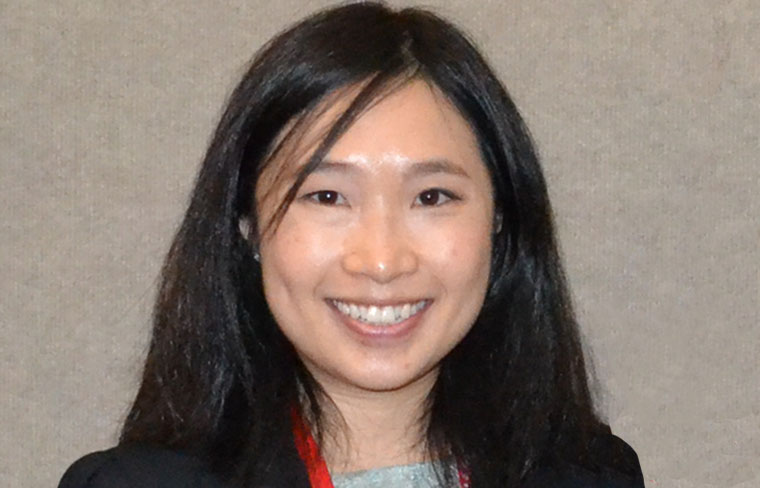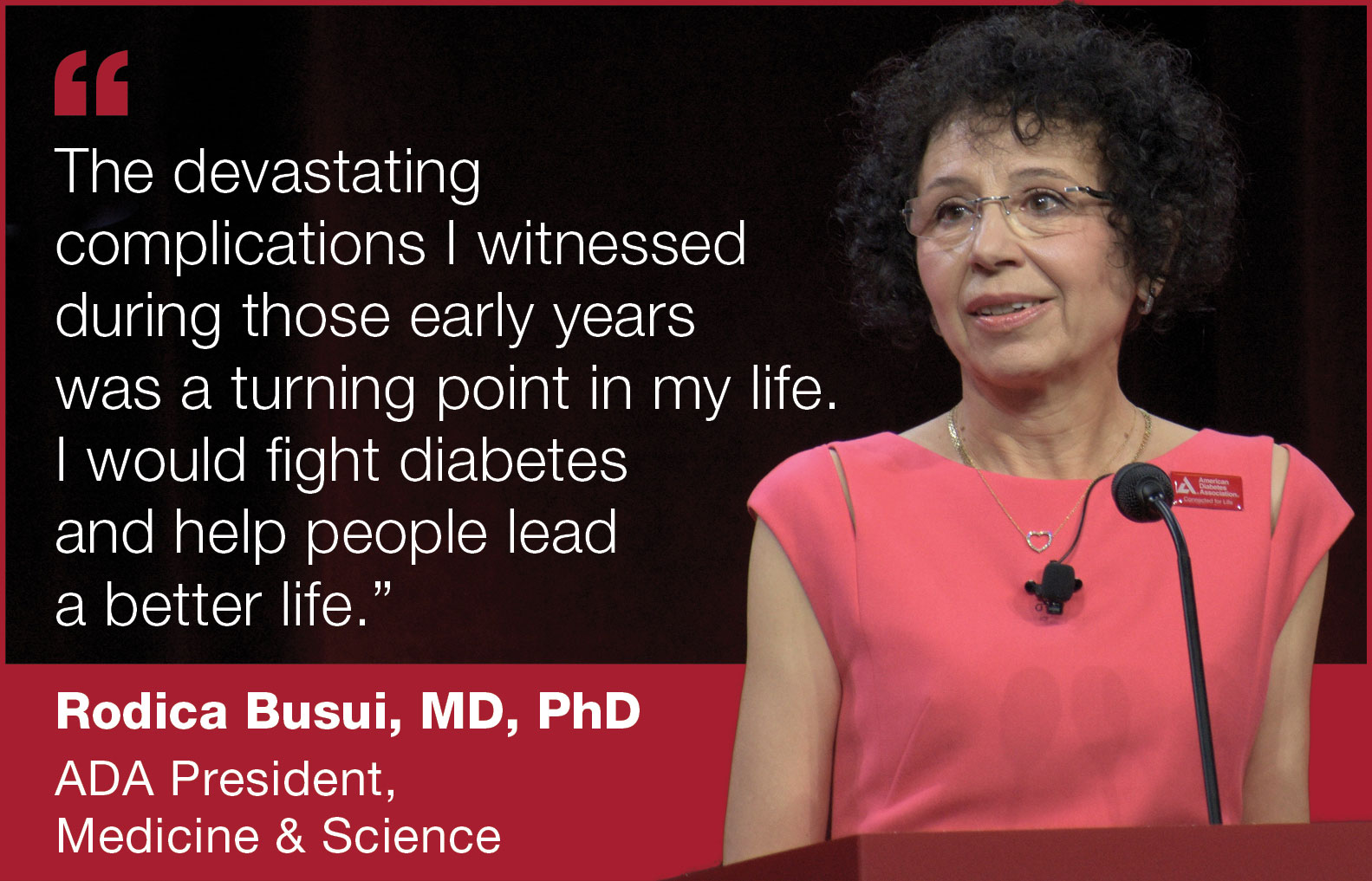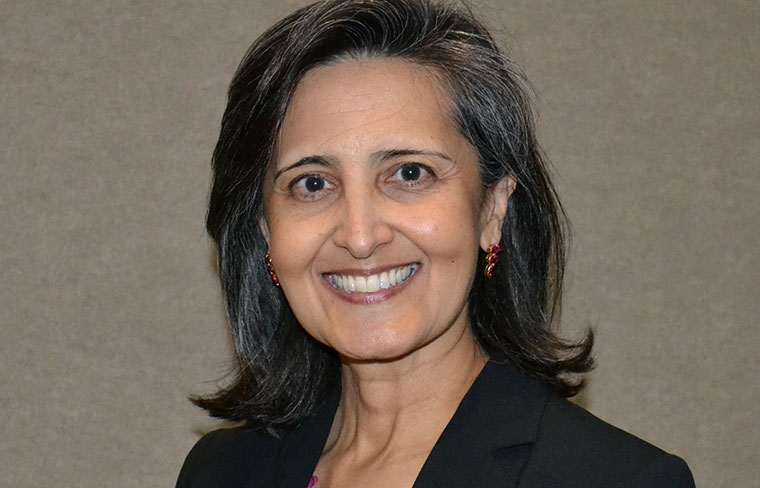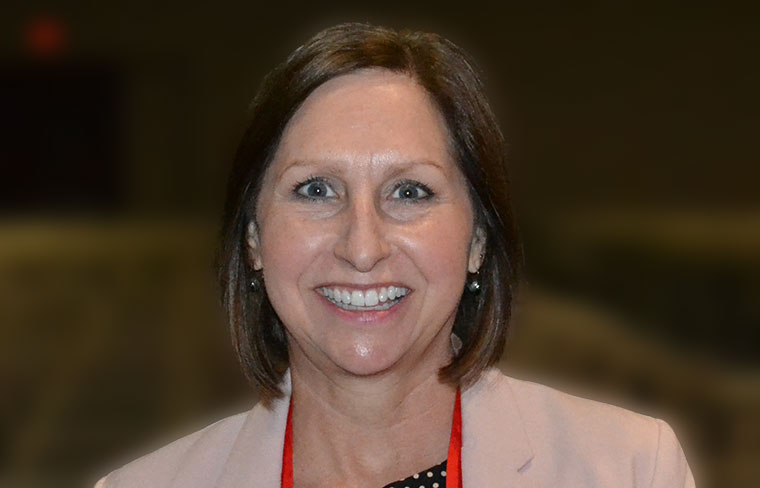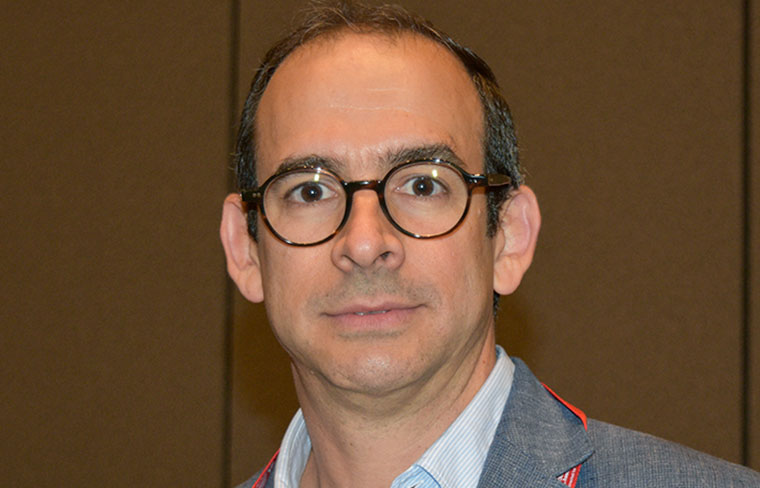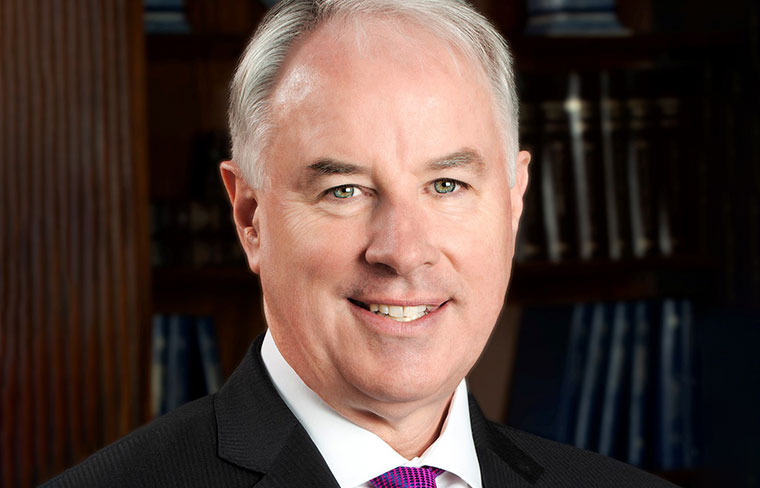-
Presenters review social determinants of health and their impact on diabetes
Factors including food insecurity, community, and economic disadvantage play integral roles in the development and care of diabetes, according to four experts who took a closer look at social determinants of health and diabetes. Felicia Hill-Briggs, PhD, ABPP, provided an overview of SDOH in the development of diabetes. She was the chair of the committee…
-
Four experts outline game-changing nutrient-stimulated hormone anti-obesity therapies
Nutrient-stimulated hormones have changed the landscape of weight loss recently, and four scientists, including Jonathan Campbell, PhD, presented information about several types of combinations of these therapies that have and are being tested in trials.
-
Researchers highlight major discoveries in Year in Review
In a Monday morning symposium, three scientists spotlighted major advancements in diabetes from the past year, from new guidelines and statements to a bionic pancreas and anti-obesity drugs. John B. Buse, MD, PhD, reported that health equity issues remain the biggest challenge in advancing diabetes treatment and prevention.
-
Hot topics in nutrition include food as medicine, binge-eating disorder, and weight stigma
Nutrition plays a significant role in a patient’s diabetes management, but there is no universal approach to incorporating a healthy diet. Ka Hei Karen Lau, MS, RDN, LDN, CDCES, and other specialists explored various nutrition programs, such as providing food benefits to those without access to food, offering education on food choices, and addressing weight…
-
ADA President of Medicine & Science shares her journey in diabetes research
Rodica Busui, MD, PhD, American Diabetes Association® President of Medicine & Science, recalled her earliest days of working in a clinic in Romania, her fellowship at the University of Michigan, and choosing diabetes as her life’s work. She also discussed the new clinical research program in diabetes she was asked to develop.
-
Kelly West Award lecture highlights novel diabetes risk factors in South Asian population
Alka M. Kanaya, MD, shared clinical implications from her research, Mediators of Atherosclerosis in South Asians Living in America, which aims to understand the factors that lead to diabetes in South Asian populations. South Asian individuals in the U.S. have the highest prevalence of diabetes compared to other racial or ethnic groups.
-
Banting Medal recipient discusses emerging promise of pharmacologic treatment for obesity and diabetes
The work of physician-scientist Matthias H. Tschöp, MD, has transformed the fight against obesity and diabetes. As the Banting Medal for Scientific Achievement honoree, he shared insights into the ongoing quest to reverse obesity, including the possibilities offered by the approval of tirzepatide for the treatment of type 2 diabetes.
-
Symposium analyzes the validity and applications of real-world data in diabetes research
Studies harness real-world data for vital insights into patient populations and can help determine the delivery of care for patients with diabetes. Experts, including Kristi Reynolds, PhD, MPH, FAHA, FACE, discussed the utility of real-world data and how having access to electronic health records can help in examining long-term trends.
-
Expert panel offers options for incorporating tech into diabetes treatment for special populations
Guidelines and standards of care are helpful for many, but some populations require a more individualized approach to diabetes care. Experts, including Rodolfo J. Galindo, MD, shared the tools they’ve made available to patients who may need alternative ways to monitor and self-manage their diabetes.
-
Researchers to share insights from long-term comparison of surgical and non-surgical interventions in type 2 diabetes
Data continue to provide strong evidence favoring metabolic surgery to other treatment options for type 2 diabetes remission. Principal Investigator John Kirwan, MSc, PhD, will present ARMMS-T2D study results comparing surgery versus medical and lifestyle intervention in patients with the disease, as well as long-term effects post-surgery.



